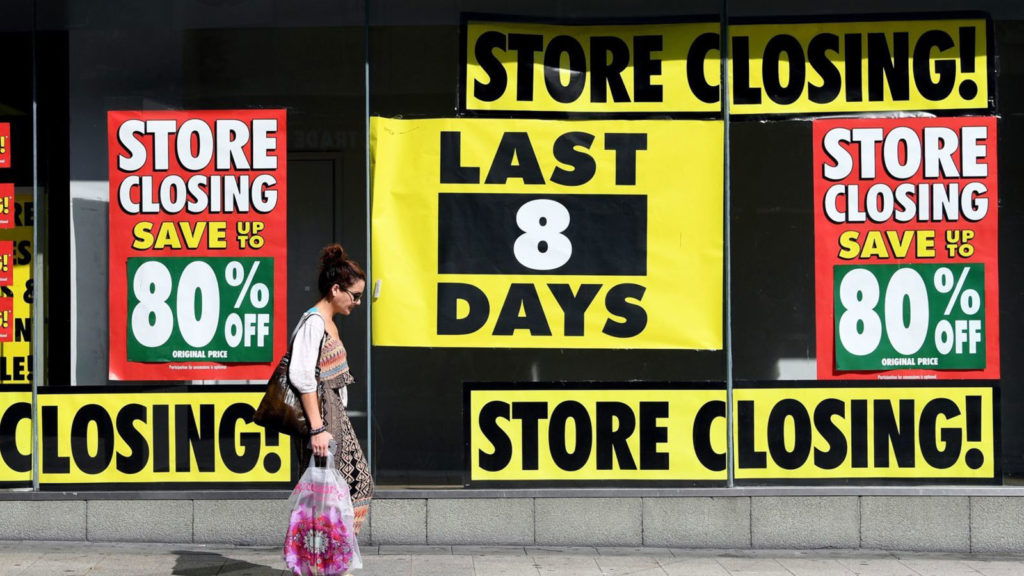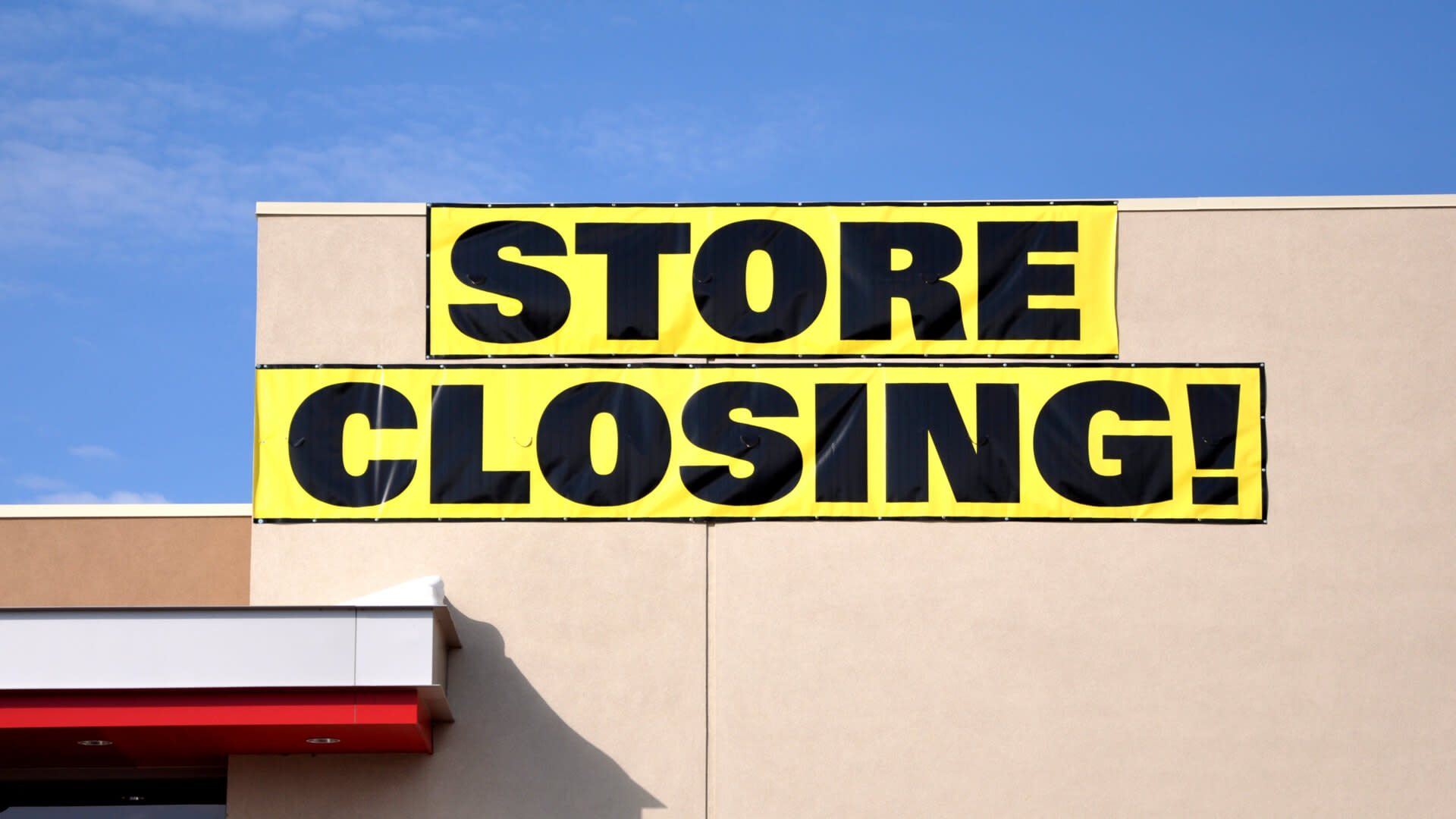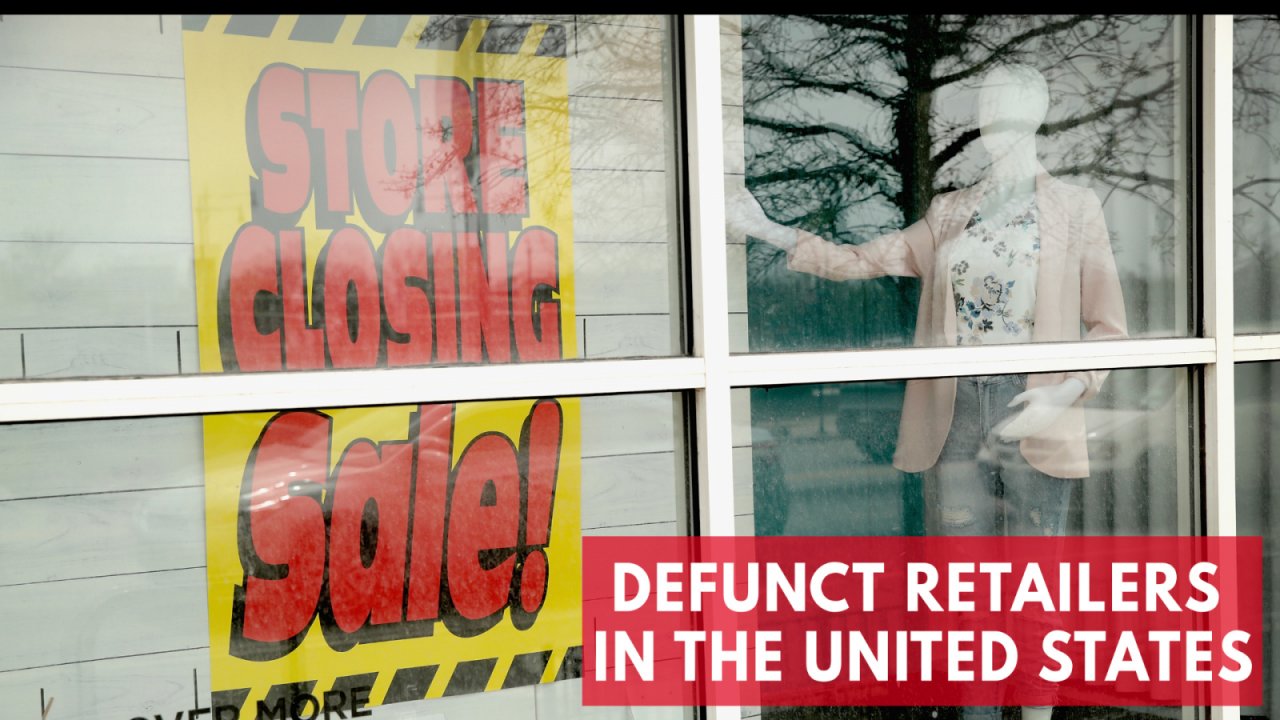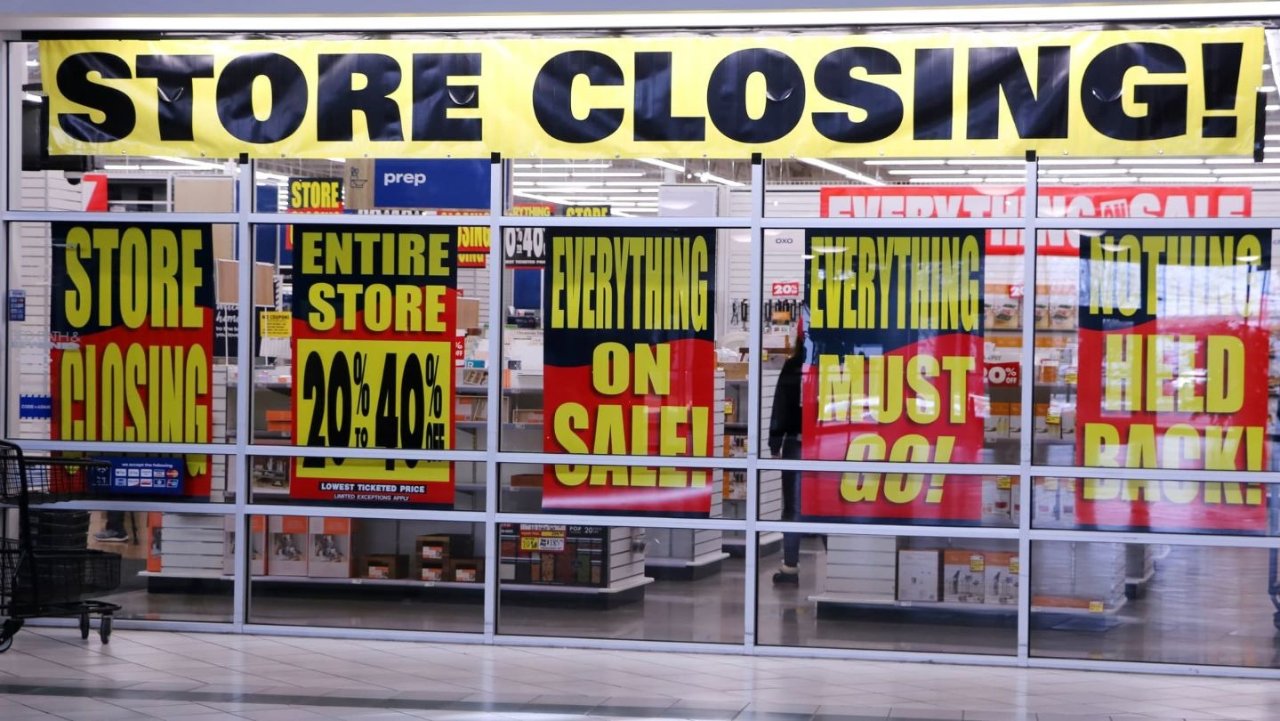Table of Contents
- Bed Bath & Beyond破产倒闭昨日清仓,居然完全没打折!店内一逛,心都凉了
- Redefining Retail - Over 150 Retail Store Closures Announced
- Here’s a List of the All the Stores That Closed in 2020 – Sourcing Journal
- Three beloved retailers set to close in just weeks as stores fight ...
- Retailers That Have Closed the Most Stores in 2018
- How to Think About Store Closures and Retail Real Estate Now | Millionacres
- “2017” Year of Retail Store Closures - CCH Consulting
- The number of retail store closures in 2021 could be worse than in 2020 ...
- Three Indications It’s Time to Close A Retail Store – Footwear News
- Record number of stores expected to permanently close this year


According to recent reports, over 12,000 stores are expected to close in 2023, with some of the biggest names in retail being affected. The list of store closures includes:

- Department Stores: Macy's, JCPenney, and Sears are among the department stores that are closing locations. These iconic brands have been struggling to compete with online retailers and are now scaling back their physical presence.
- Specialty Retailers: Stores like Gap, Victoria's Secret, and Abercrombie & Fitch are also closing locations. These brands have been hit hard by changing consumer preferences and increased competition from online retailers.
- Electronics Retailers: Best Buy and GameStop are among the electronics retailers that are closing stores. The rise of online shopping and the decline of physical media have made it difficult for these brands to maintain a large physical presence.

The reasons behind these store closures are complex and multifaceted. Some of the key factors contributing to this trend include:

- Shift to Online Shopping: The rise of e-commerce has changed the way people shop, with many consumers preferring the convenience and flexibility of online shopping.
- Changing Consumer Preferences: Consumers are increasingly prioritizing experiences over material goods, leading to a decline in sales for traditional retailers.
- Increased Competition: The retail landscape is becoming increasingly crowded, with new brands and online retailers entering the market and competing for market share.

So, what does this mean for the future of retail? While store closures may seem like a negative trend, they also present opportunities for innovation and growth. Many retailers are using this as a chance to rethink their business models and invest in e-commerce and digital transformation.

Some retailers are also exploring new formats, such as smaller stores or experiential retail concepts, to stay relevant in a changing market. For example, Nordstrom is investing in smaller, service-focused stores, while Target is focusing on creating engaging in-store experiences.

In conclusion, the surge in store closures is a significant trend that is reshaping the retail industry. While it may seem like a challenging time for traditional retailers, it also presents opportunities for innovation and growth. As consumers continue to evolve and prioritize online shopping, retailers must adapt and invest in e-commerce and digital transformation to stay relevant.


What's Next for Retail?
The future of retail is uncertain, but one thing is clear: it will be shaped by the needs and preferences of consumers. As retailers continue to navigate this changing landscape, they must prioritize innovation, customer experience, and digital transformation to stay ahead of the curve.Stay tuned for more updates on the retail industry and the latest news on store closures and openings. In the meantime, share your thoughts on the future of retail in the comments below.
Note: This article is for general information purposes only and is not intended to be taken as professional advice. The information contained herein is subject to change and may not be up-to-date.